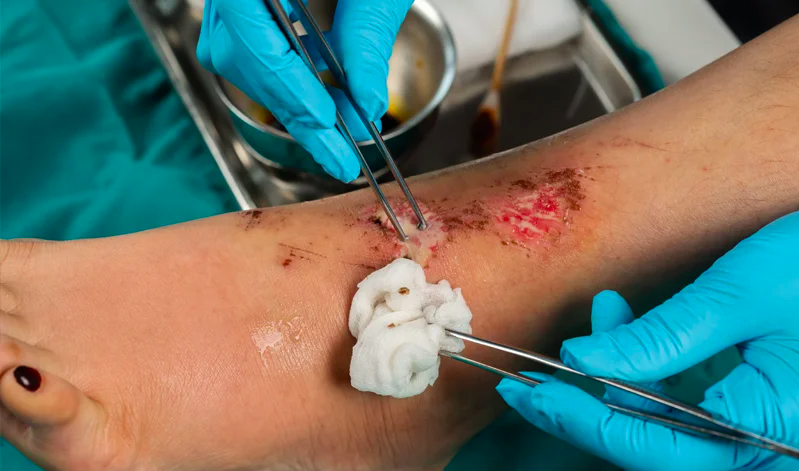Step to Work | Positive appraisal of learning during challenging situations



Positive appraisal of learning during challenging situations
By the end of the session you should be able to:
- appraise the thoughts and feelings you have experienced during difficult and challenging situations
- value your own strengths and personal resilience's by sharing this experience with a mentor or colleague
Document your answers to the following task in the worksheet. The exercise should take about 10 to 15 minutes to complete.
1a task: describing the difficult or challenging situation
Document your answers to the following reflection in the worksheet. The exercise should take about 10 to 15 minutes to complete.
1b reflection: debriefing
Share your experience of the difficult situation with a colleague, your preceptor, someone you have studied with or other mentor by verbally summarising each stage of the debrief.
- Has the process of describing the different stages of the way you responded to the difficult situation changed your perspective on it? If so, in what way?
- Have your colleagues experienced similar situations or reactions to those you described? What common themes can you identify?
- Discuss with your colleague or mentor what learning capacities, personal qualities and values you can identify in the way you responded to and coped with the challenging situation that will be helpful for you as move forward in your profession.
Summary
- Task debriefing is the process of an individual or team formally reflecting on their performance after a particular task, a shift or a critical event. This process is important for several reasons including to help ensure patient safety.
- Critical incident stress debriefing is an evidence-based approach for staff support that is used in high-stress healthcare contexts. It provides a structure within which you can surface and explore your thoughts and feelings about challenging situations you have experienced.
- Acute Medicine | Respiratory | Difficulties of tre...
- Posted By eIntegrity Healthcare e-Learning
- Posted Date: 2025-01-12
- Location:Online
- This session looks at interstitial lung disease (ILD), with an emphasis on those types that can present acutely. It identifies treatments with some evidence of benefit.
- Acute Medicine | Respiratory | Pathway to diagnosi...
- Posted By eIntegrity Healthcare e-Learning
- Posted Date: 2025-01-12
- Location:Online
- Having established a history, examination, and chest x-ray (CXR) that suggest a possibility of interstitial lung disease (ILD) as a diagnosis, this session will identify subsequent appropriate investigations to establish a more precise diagnosis.
- Acute Medicine | Respiratory | Interstitial lung d...
- Posted By eIntegrity Healthcare e-Learning
- Posted Date: 2025-01-12
- Location:Online
- This session outlines a variety of ways in which interstitial lung disease (ILD) may present on the acute medical take.
- Acute Medicine | Respiratory | Symptoms and signs ...
- Posted By eIntegrity Healthcare e-Learning
- Posted Date: 2025-01-12
- Location:Online
- This session highlights the wide range of clinical features that pulmonary embolus (PE) may precipitate in patients.
- Acute Medicine | Respiratory | Differentiating COP...
- Posted By eIntegrity Healthcare e-Learning
- Posted Date: 2025-01-12
- Location:Online
- COPD and asthma are both common conditions that affect the airways and can present in similar ways. It is important to differentiate between the two and understand how this can be done. This session is designed to address these questions.


